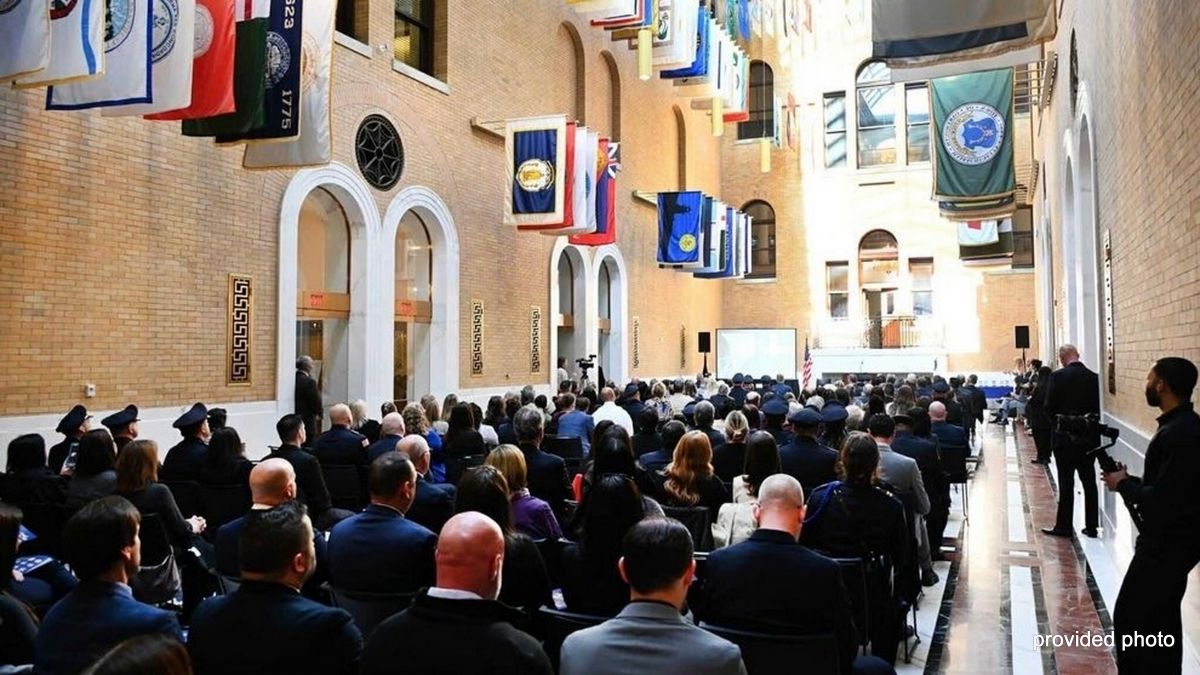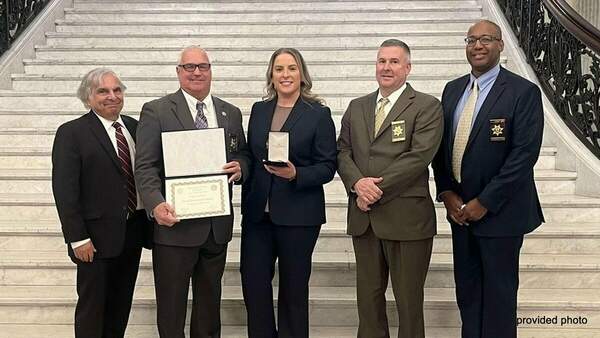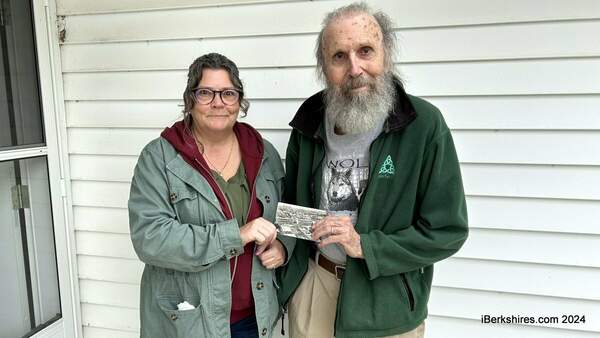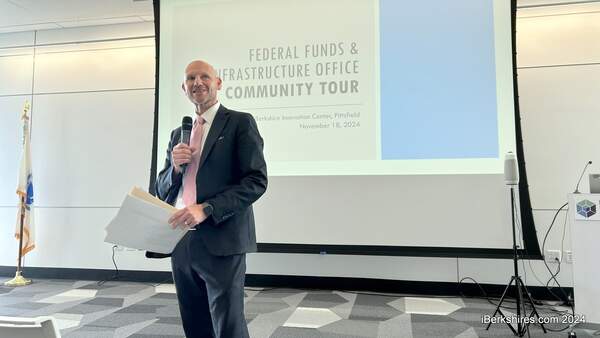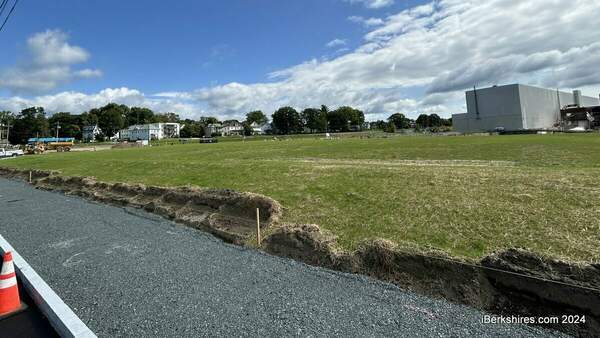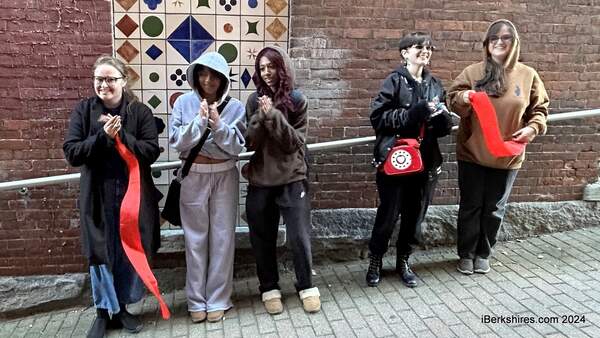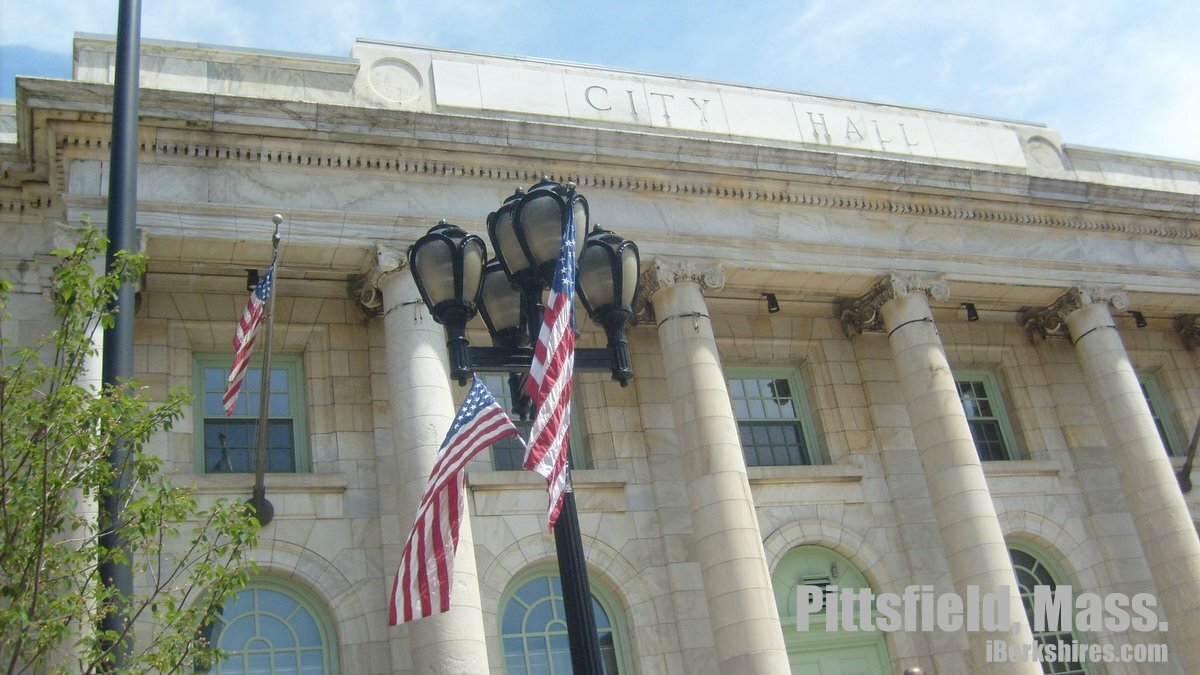
Public Facilities, Housing Prioritized for Pittsfield CDBG Funds
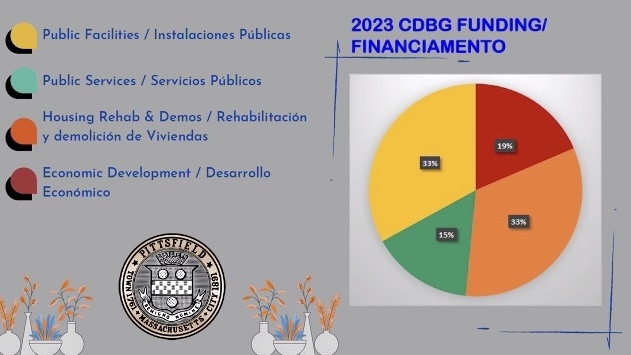
PITTSFIELD, Mass. — This year's allocation of Community Development Block Grant funding will largely go to housing rehabilitation and demolitions and public facilities, at 33 percent each.
So far, projects include sidewalks and ramps in the Morningside and West Side neighborhoods and near the Fenn Street emergency shelter, four housing rehabs, one accessible ramp, and two building demolitions.
Nineteen percent of the funds will go toward economic development for projects including technical assistance funds to six small businesses and COVID-19 fund direct assistance to another six. Fifteen percent will fund public service projects that include 15 programs and two neighborhood cleanups.
While the city's funding amount will not be known until the summer, it expects to receive a similar allocation to last year's $1.3 million.
"The intentions of the federal program are to provide decent safe and sanitary housing, provide suitable living environments, and expand economic opportunities that primarily benefit low and moderate-income people," Community Development and Housing Program Manager Nate Joyner explained during a public hearing last Wednesday.
"That's a key role for the CDBG program."
A minimum of 70 percent of the funds must be directed to benefit low- and moderate-income folks, though Pittsfield averages much higher, and a maximum of 30 percent can be used to address conditions of slum and blight.
The fund's three national objectives are to benefit low- and moderate-income people, prevent or eliminate conditions of slum and blight, or meet an urgent community need that threatens the health and welfare of citizens where the is no other source of funding available.
Pittsfield has been participating in the program for about 50 years. Eligible neighborhoods primarily have 51 percent or more of the population making less than 80 percent of the median area income.
The Human Services Advisory Council, which manages the grant program for human service providers, is in the middle of reviewing the current year's proposals.
Commission on Disabilities Chair Cathy Carchedi emphasized the panel's effort to address access issues at the Berkshire Athenaeum.
"One of our goals this year is to focus on the library. For many years we've had complaints about access to the bathrooms and they are sorely in need of improvements so people with disabilities can get in and out of the facilities," she said.
"So we were hoping that maybe this could be an area where the funds could be used. Also, just driveways at the library are a mess and need improvement."
Resident Jennifer Kimball wants the city to create a pollinator action plan that includes trees, plants, and noise and light pollution.
"There are a number of residents who ask a lot of questions about the empty lots that are just grass and I know we spent a lot of time in the past trying to get some of the overgrown lots managed," founder of Engaged Communities Consulting Alisa Costa said.
"But there's now this interest in more useful land that might be pollinator gardens or plants that are easily managed but are more interesting, protective, and create shade for residents is a big interest and I know that some of the lots are not city-owned, I don't know how many of them are vice versa, but there is definitely an interest in that."
Also highlighted as areas of importance were housing for unsheltered residents, continued funding for accessible sidewalks and ramps, accessibility features in rental units, transportation systems, and co-working spaces.
A draft annual action plan will be available on the city's website on April 25 and the 30-day comment period will run from April 26 to May 25 before the City Council hearing to finalize the plan.
For questions or comments contact the Department of Community Development at City Hall.
A recording of the meeting that includes a Spanish translation can be found on Pittsfield Community Television.
Tags: CDBG,

